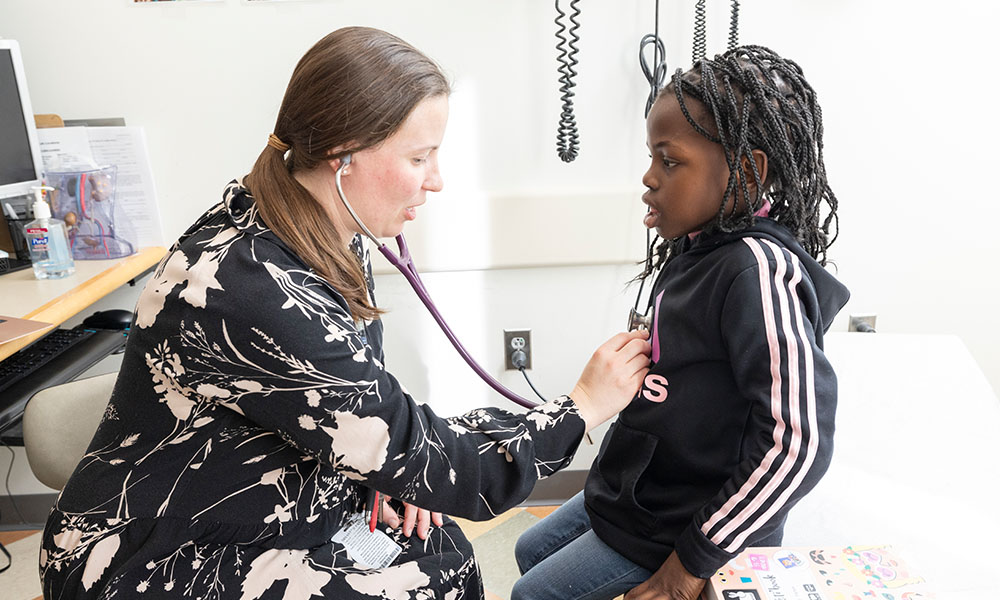Pediatric liver transplant recipients at Mass General for Children can receive a new liver from either an approved deceased donor or an approved living donor.
Based on your child’s blood group and calculated PELD or MELD score, your child will receive priority for a liver from the deceased donor pool.
Living donor transplants involve a healthy individual donating a portion of their liver, which regenerates in both the donor and recipient. The healthy adult does not necessarily need to be related to the patient who receives the liver. At our pediatric transplant center, the transplant surgery for our pediatric recipients as well as the surgery for their adult living donor occurs under one roof.
Split liver transplants involve dividing a deceased donor liver into two parts, which can be transplanted into two recipients, potentially reducing waiting times.
Potential donors undergo a multi-phase evaluation including health screening, consultations with a living donor advocate, and final review to ensure their safety.




 Rapid Access
Rapid Access Collaborative Care
Collaborative Care Team-based Care
Team-based Care